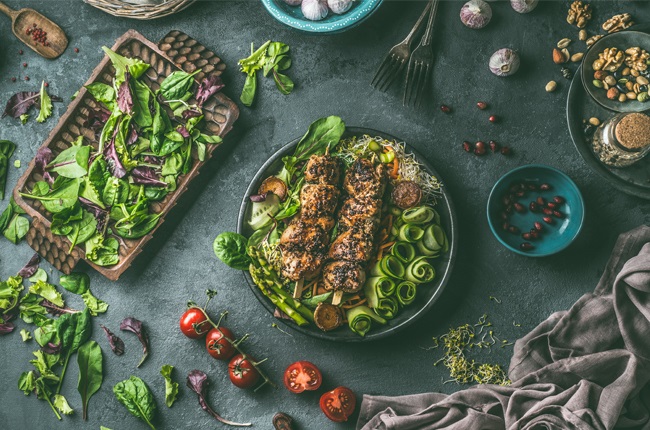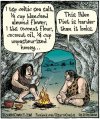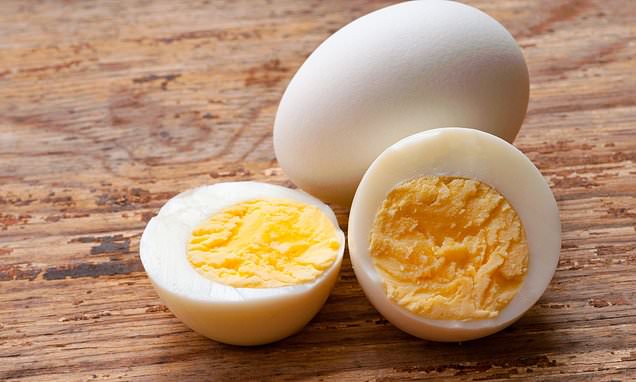I think it’s okay to doubt what some sources have to say. Really, I just think people ought to stop when they read or hear something and ask whether they trust the source, and more importantly, WHY they trust the source. Really, playing the “why” game would help a lot. “Why do I believe this?” “Because of [x].” “Why do I believe [x]?” ….
This is a little different but it relates to trusting information. I had a very good, life long friend who at one point got sucked into very deep conspiracy theories (the lizard alien stuff

). Whenever we were discussing or debating, it always boiled down to “why trust this source over the other?”
I’ve noticed over the years that people tend to “throw the baby out with the bath water” when it comes to finding out information was incorrect or a straight up deception. When someone we like is suddenly found to have lied or misrepresented info, we tend to distrust everything else they have to say. My fear, I guess, is that is happening with a lot of science these days. Incorrect information, unclear information, misrepresented information, hidden information, etc all have made people more skeptical.
I’m not getting into the weeds on this one, but briefly take the recent vaccine/no vaccine issue. Or masks. It doesn’t matter what your stance is. The world had to witness science being done in real time, where the evidence points one way, then upon more study points another way. The response from some of the public was to distrust scientists, instead of realizing that science is often messy, and most scientists were probably just trying to do their best given that things were being rushed.
All I’m saying is I see people tend to like science (no matter how legit it is) that supports what they want to be true, rather than what might actually BE true.




